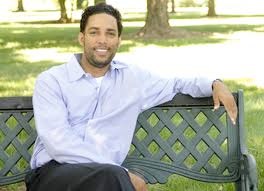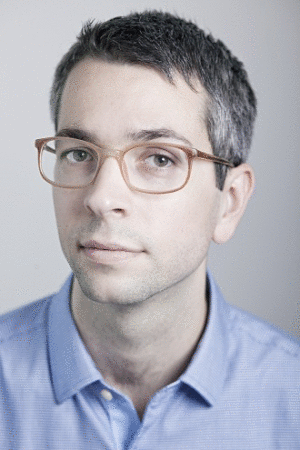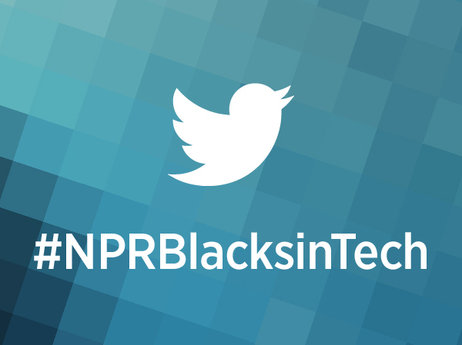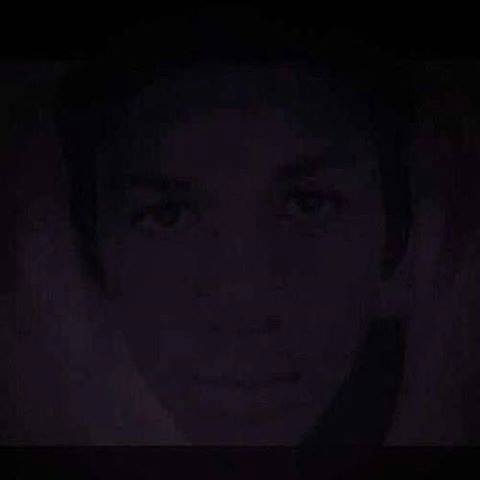In a warm lecture hall, University of Kentucky professor Adam Banks bounced and spoke with the cool cadence of a spoken-word poet, dropping gems on technology, funk and black freedom.
Born and raised in Cleveland, Banks returned to the city to argue that Stevie Wonder’s 1972 album, “Talking Book,” is a master key to black rhetoric, literacy, innovation and contemporary engagements with technology. As he stood on the campus of Case Western Reserve University, blocks from the John Hay High School he attended as a teen, Banks seemed keenly aware of geography and beginnings as he performed his presentation: “Talking Back to the Book: Critical Digital Literacies in African American Rhetorical Traditions.”
He called Wonder’s work “a funk sermon,” an infusion of new technologies, innovation and cultural pride. Funk music, he insisted, gives African Americans a framework for assessing our identities. “The boldness, the wildness, the stank of funk forces us to remember the full range of who we be, and often, forces the rest of the society to confront more of that range, that rage, that joy, that pain, that pleasure of who we be.”
Bridging the gap between the civil rights era and the black power era, “Talking Book” came out at a time when “black communities all over the country were refiguring their relationship with the United States,” Banks said.
Linking Wonder and other masters of funk to today’s rhetorical spaces, Banks described Facebook and Instagram as places where creativity and free dialogue can flourish, as it did among musicians in a studio. “That’s an example of a free space,” he observed. “It can’t be policed.”
Such places contrast with the “incessant testing, punitive mind-set and folk funding the de-funding of public education” that bedevil American schools today. And those free spaces, existing outside traditional academic environments, can be created and expanded almost anywhere. For years, Banks has hosted “community cyphers” in bars and church basements, giving lessons on blogging and social media so participants could develop a voice on their own terms. Whether using Twitter to support the #BlackLivesMatter movement or simply retweeting humorous memes, these acts link to black oral traditions such as hush harbors and “signifying.”
“There’s a relationship between innovation and tradition,” Banks insisted. “Just because there’s a lot of wild stuff happening right now, doesn’t mean it just grew. It comes from somewhere….that’s a wonderful assurance. Even if I don’t understand some things that are happening, that’s always a way in.”



